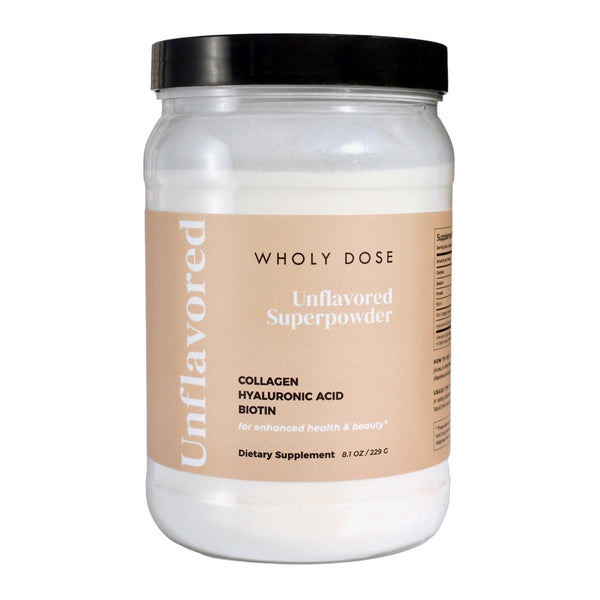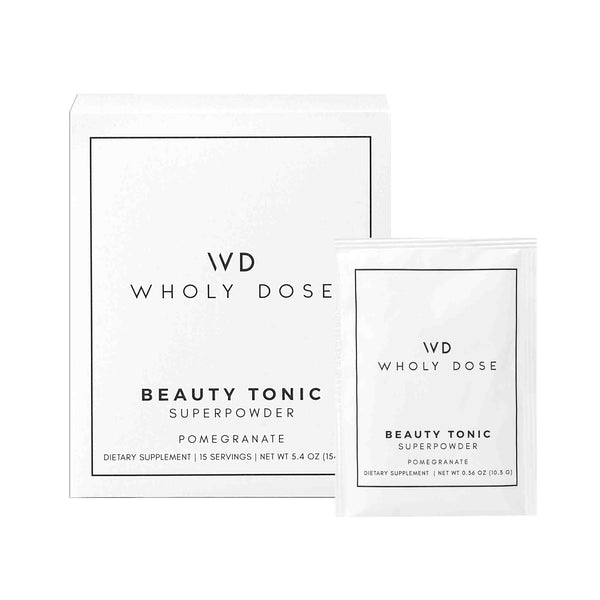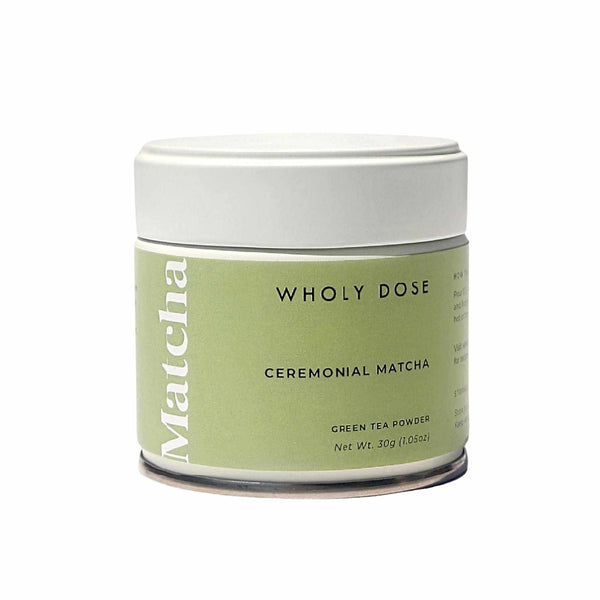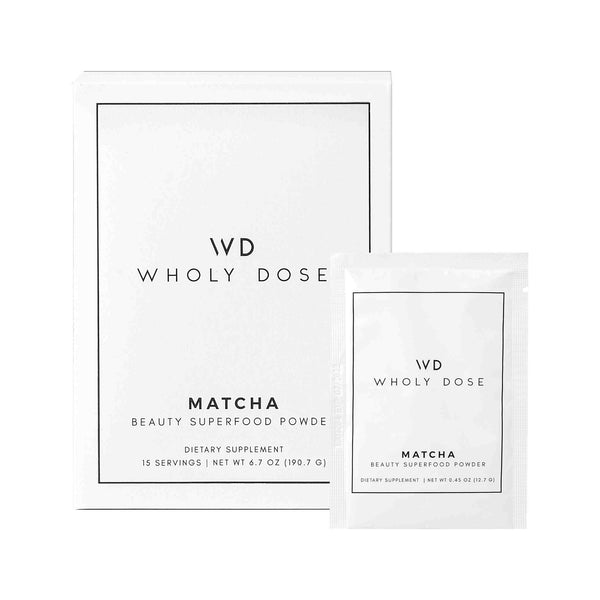
Collagen for Your Skin: Does It Really Work?

Collagen, once just a naturally occurring protein found in the body, is now a popular supplement and ingredient in beauty products that can improve the health of your skin.
Collagen products are known to improve skin elasticity, reduce wrinkles, and increase blood flow to the skin. But you might be asking, do collagen supplements really work for skin?
The answer is yes, here’s why.
Collagen In The Body
As stated before, collagen is a naturally occurring protein in your body that is the key building block – structure, strength, and functioning – for your skin, hair, nails, bones, muscles, tendons, and ligaments.
Dermatologist Dr. Ohara Aivaz explains, “Collagen is what keeps our skin from sagging, giving us that plump, youthful look.”
While your body naturally produces collagen, this ability decreases with age which leads to things like wrinkles, crow's feet, smile lines, sagging skin, dry flaky skin, and a dull complexion.
Dr. Aivaz explains further, "Starting in our mid-20s, we slowly begin to lose collagen. For women, we can lose up to 30% of our collagen production in the first 5 years of menopause."
Because collagen is lost as we age, many people turn to collagen supplements for their anti-aging routine to improve skin health and get rid of wrinkles, naturally.
Do Collagen Supplements Work for Skin?
You can find collagen as a variety of supplements, like collagen peptide powders, capsules, liquids, gummies, and drinks – but do they work and does it matter which collagen supplement form you take?
Because of the newness of collagen supplements and "ingestible beauty" (beauty from within) in general, Dr. Aivaz states that we may need more objective, wide-scale studies that focus on collagen to determine the long-term results. She does explain that "I tell patients that the jury is still out on taking collagen," Dr. Aivaz says. "If they pick a safe collagen product, there's probably very little harm from trying it."
Then, there are firm believers of collagen, those who have experienced great results from taking collagen, and clinical studies that show the science of collagen.
Two studies found that taking a collagen supplement daily for 4-12 weeks resulted in a significant improvement in skin elasticity and hydration.
Another study found that participants who took a collagen supplement daily for 60 days led to a noticeable reduction in skin dryness, wrinkles, and nasolabial fold depth.
In a third study, participants were given a collagen supplement to take for 12 weeks. After the 12 weeks, the participants experienced significant improvement in skin hydration, elasticity, and wrinkling.
When buying a collagen supplement online or in stores, be sure to choose a collagen brand that uses clean, safe, and high-quality collagen – like Wholy Dose collagen supplement powders. Wholy Dose uses collagen peptides that are also clinically-proven, meaning, it goes through clinical tests that measure the bioavailability (absorption rate) and effectiveness of the collagen.
CLEAN, TOP QUALITY COLLAGEN SUPPLEMENTS
COLLAGEN PEPTIDE SUPPLEMENTS FOR SKIN
Do Collagen Creams Work for Skin?
While Dr. Aivaz states that some topicals, like retinol and tretinoin, are scientifically proven to promote collagen formation – along with, antioxidants such as vitamin C (that can reverse the inflammation that causes damage to the collagen in your skin), creams that contain collagen do not work. The molecular structure of collagen is too large to enter through the skin barrier, making it ineffective for providing benefits.
If you've experienced some skin benefits from using a collagen cream, that's from the other active ingredients doing the work. Stick with collagen supplements if you're looking to get the benefits from collagen itself.
How to Protect Your Natural Collagen
It is commonly known that ultraviolet rays from the sun break down collagen and create wrinkles, age sun spots, and even skin cancer. So. be sure to wear sunscreen daily with an SPF of at least 30.
Consuming foods rich in antioxidants, such as fruits and vegetables, can also prevent your body's collagen from further breaking down.
For those who have additional questions about new skincare routines or anti-aging beauty products, Dr. Aivaz recommends scheduling an appointment with a dermatologist, who can help discover what is best for you and your skin.















